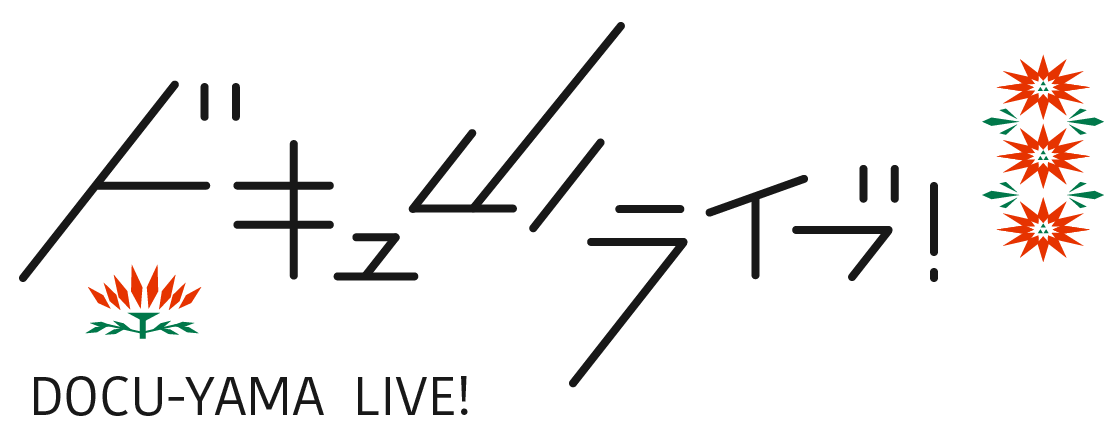
3350 KM (screened in the New Asian Currents section at YIDFF 2025) is a 13-minute documentary about how faraway the director, Sara Kontar, who resides in France, is from her father, who remains in war-torn Syria. Over the short length of the film, viewers are shown images of Google Maps, the father’s blurred face, and dusty computer screens.
The film centers around a mysterious and beautiful Arabic song whose name and lyrics are concealed to the audience. Its rhythm touches whenever it is heard. Little information is given about why the father is separated from the director, what the director wants out of each conversation or recording, and where the story is heading. The audience is left with the angry voice of the father and the sad narration by the director.
Kontar wanted this film to be an animation film based on the recording between herself and her father. She made the first draft but felt she needed to add more layers and truthfulness to it. She then switched its genre to documentary film with some experimental elements. While the film does convey an intensifying mood to the audience who could feel the father’s pain of not being able to be with his daughter, Kontar puts much emphasis on the style rather than the substance.
The film becomes a disappointment as the father is turned into another symbol just like the mysterious song is a symbol. An ethical question can be raised when her father repetitively asks for the director’s response, which does not come. Is the director remaining faithful to her intended style, or is she trying to meet the expectations viewers might have for a film about Syria? It is hard to understand the director’s decisions about genre, style, and the real motive behind these recordings and the purpose of the film, whose making upsets her father in an obvious manner. From watching the film, one may begin to wonder about her father’s feelings toward its creation, a question the film leaves open. Its excessive reliance on Google Maps contributes little to its overall impact and occupies disproportionate space, particularly since the tool is no longer an original visual choice.
Despite these shortcomings, there are moments where Kontar shows her playfulness and inventiveness. She tries to record her own reflection on the computer screen, whose surface is covered with dust. It turns out like the night sky filled with stars. Watching the scene, one senses a desire for connection, to share the same surface, the same space, as if the distant stars and vast horizon could momentarily bridge the separation between father and daughter.
The mysterious song feels like it could be the emotional heart of the film, yet it drifts in and out without being fully explored. Kontar wants to keep the abstract and mysterious nature of the song, which is understandable. Yet, when there’s no other substance in the film, the choice fails to reach its intended effect.
The director’s experimental approach seems driven by a wish to translate distance into form, turning the father-daughter separation into a visual and emotional texture. Given this choice, one may still wonder how the film might have felt if it had lingered more on the moments of separation, conversation, or on the song itself, perhaps with its emotional weight more fully shared.
The difficulty of her father’s life in Syria is touched less through direct imagery and more through the director’s chosen narrative distance. Kontar’s style does the opposite of clarifying the painful separation and difficult experience. Instead, it only permits the audience to see and feel the surface of their suffering, without probing deeper into its causes or implications.
Ultimately, 3350 KM offers a personal perspective on the Syrian issue, but it treads familiar ground and leaves the father–daughter relationship only lightly explored. Although the title may refer to the physical distance between the director and her father, it ultimately comes to reflect the conceptual and emotional distance between the director’s vision and the audience’s experience.
Chen-Pang Chang
![ドキュ山ライブ! [DOCU-YAMA LIVE!]](http://www.yidff-live.info/wp-content/themes/yidff-live_2017/images/header_sp_logo1.png)

